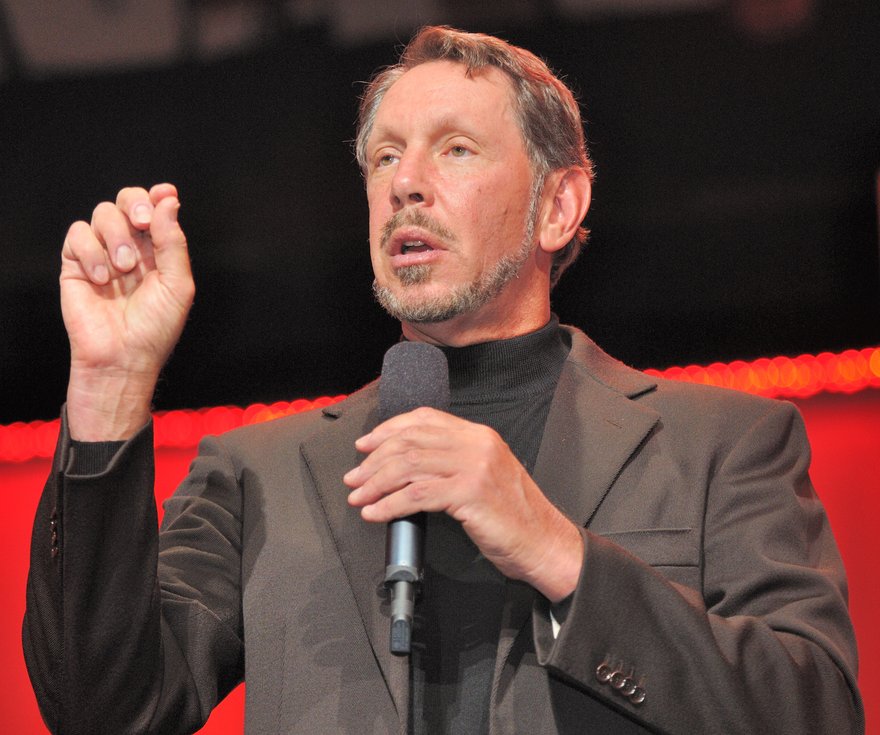Everyone knew Oracle would emphasise the cloud at its OpenWorld jamboree this week. But Larry Ellison's fulsome praise for the company's next Sparc processor might have been a surprise for some.
Last week, Ellison stepped down from the Oracle CEO spot, handing the reigns to senior execs Mark Hurd and Safra Catz. The move was seen as an admission that Ellison's ambition to own the whole stack - exemplified by the 2009 acquisition of hardware maker Sun Microsystems - was causing trouble for the company he founded 37 years ago.
So what was he doing in the Sunday-night keynote slot at OpenWorld, apparently as in-control as ever, touting the next generation of the Sparc processor Oracle acquired with Sun?
But first... the cloud
Ellison did big up the cloud of course. He promised that Oracle would match the prices of Amazon Web Services: "Oracle will have the same pricing as Amazon or any other infrastructure provider," he told the conference.
In fact, he said, Oracle is just getting started in the cloud: "We launched our real cloud platform this month," he said, referring to Oracle offerings which deliver database and analytics as a service. Ellison, and his now-CEO Mark Hurd said that Oracle's cloud offerings would be best of breed as well as cheaper than Amazon's.
Oracle has been adding new services to its cloud, including big data, mobile, integration, process management, and the Java platform, and Oracle execs talked up the cloud version of its enterprise resource planning (ERP) software.
That's a departure for a company that traditionally made its money from licenses for on-premises software, and initially saw the pay-per-use model of the cloud as a big threat.
Sparc up
But he also devoted a large part of his speech to the next version of the Sparc processor, not due to be delivered till (at least) next year. The Sparc M7 will be "the most important thing we've done in silicon," he said. "Maybe ever."
M7 will be a 32-core chip with 64MB of on-chip L3 cache. They can be clustered together, to create a 1,024 core system, with 64TB of RAM. It will also include embedded acceleration engines that speed up its performance with databases and other Oracle applications. It includes hardware compression which doesn't just shrink the size of data in memory - it also speeds up how quickly it can be read off (although it does then have to be decompressed).
It also includes memory protection in hardware.
Engineered message
In fact, of course, the emphaiss on hardware is consistent with Oracle's view of the cloud - or at least the view that Larry Ellison wants to keep Oracle tied into.
Those hardware improvements are genuinely impressive, and a propos for the cloud. Memory protection is designed to keep cloud apps from interfering with each other. And the specialised acceleration of Oracle apps will be perfect - as long as customers are using Oracle apps in an Oracle cloud on Oracle hardware.
That doesn't sound like the kind of cloud emerging from the OpenStack - and it might be one that eventually provokes rebellion within Oracle.

